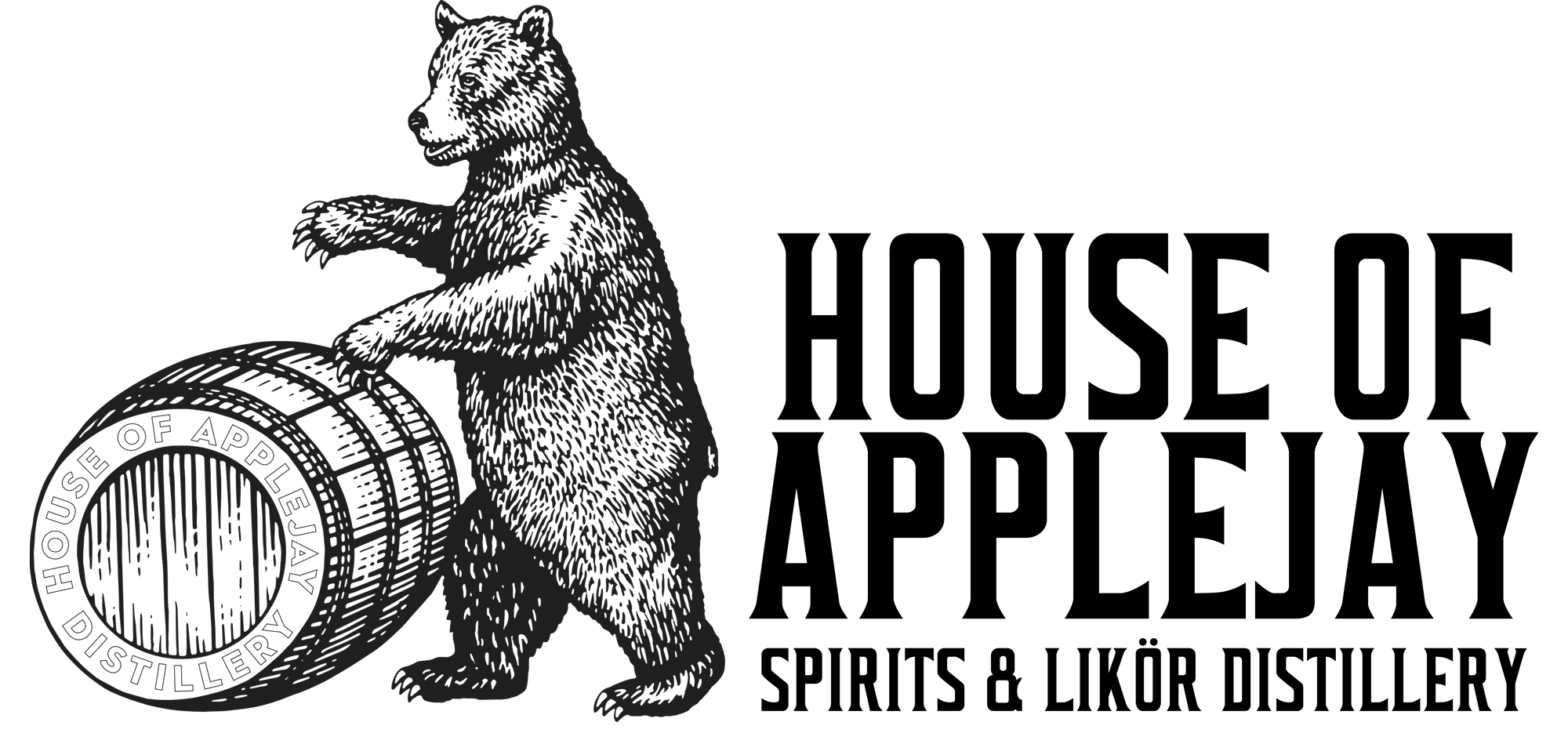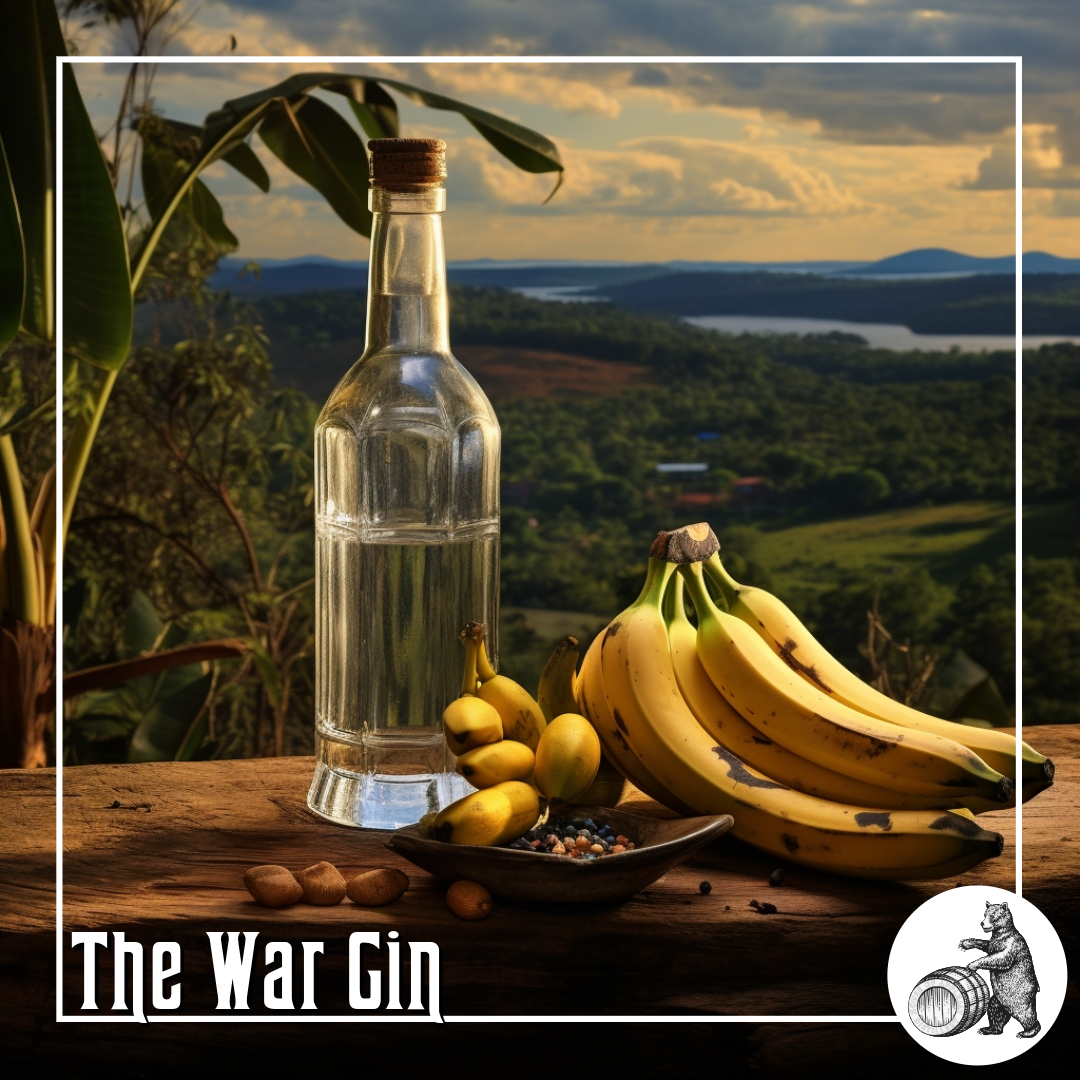Waragi – The War Gin
The History and Unique Flavors of Uganda’s Waragi
Waragi, a popular distilled spirit originating from Uganda, East Africa, holds a significant place in the nation’s cultural and social fabric. Often considered Uganda’s national spirit, Waragi is widely consumed throughout the country. This article explores the origins, production methods, and cultural significance of Waragi, shedding light on its journey from colonial times to present-day Uganda
Waragi – Uganda’s War Gin
The roots of Waragi can be traced back to Uganda’s colonial era, where British soldiers introduced gins to the Uganda Protectorate. The spirit, initially known as “war gin,” later evolved into Waragi. The name itself is believed to be a nod to the distilled spirit referred to as enguli in the Luganda language.
Two notable variations of Waragi are Lira Lira and Kasese. Lira Lira, bearing the name of the town Lira, is primarily crafted from a blend of cassava flour and cane sugar. In contrast, Kasese, named after the town of Kasese, stands out as a robust banana gin. The use of East African Highland bananas, known as matooke, imparts a distinctive and unique flavor to the spirit. The base of Waragi distillate can vary, drawing from cassava, bananas, millet, or sugar cane, depending on the region and available crops. These diverse variants exemplify the array of ingredients employed in the production of Waragi.
Traditionally, small-scale, homemade stills were employed in the production process. However, commercially produced versions are also available today. Known for its high alcohol content, typically ranging from 40% to 50% or even higher, Waragi is often consumed neat or used as a base for various cocktails. Its popularity extends beyond Uganda to other East African countries. Despite its popularity, the production and consumption of Waragi have faced challenges related to health and safety concerns. Some homemade versions may not adhere to regulated standards, leading to potential risks. Efforts have been made to regulate and control the production and sale of Waragi to ensure consumer safety.
The history of Waragi is intertwined with the colonial Liquor Act of 1960 and the subsequent Enguli Act of 1965. These acts aimed to regulate and control the production and consumption of locally produced gins. The Uganda People’s Congress (UPC), upon coming to power, ordered the construction of a distillery factory, giving rise to Uganda Waragi.
Despite the challenges and historical regulations, Waragi remains an integral part of Uganda’s cultural identity. Its diverse variants and unique production methods showcase the creativity of the Ugandan people. As Waragi continues to be enjoyed both locally and internationally, its rich history and flavors endure, making it a symbol of Uganda’s spirited heritage.
The Distilling Culture
BLOG
Embark on a global journey, and you’ll find that cultures possess tales that harken back to their ancient beginnings of distillation, brewing, and winemaking.
info@houseofapplejay.com
67 Fowler St, Bldg B, East Ellijay, GA 30540

